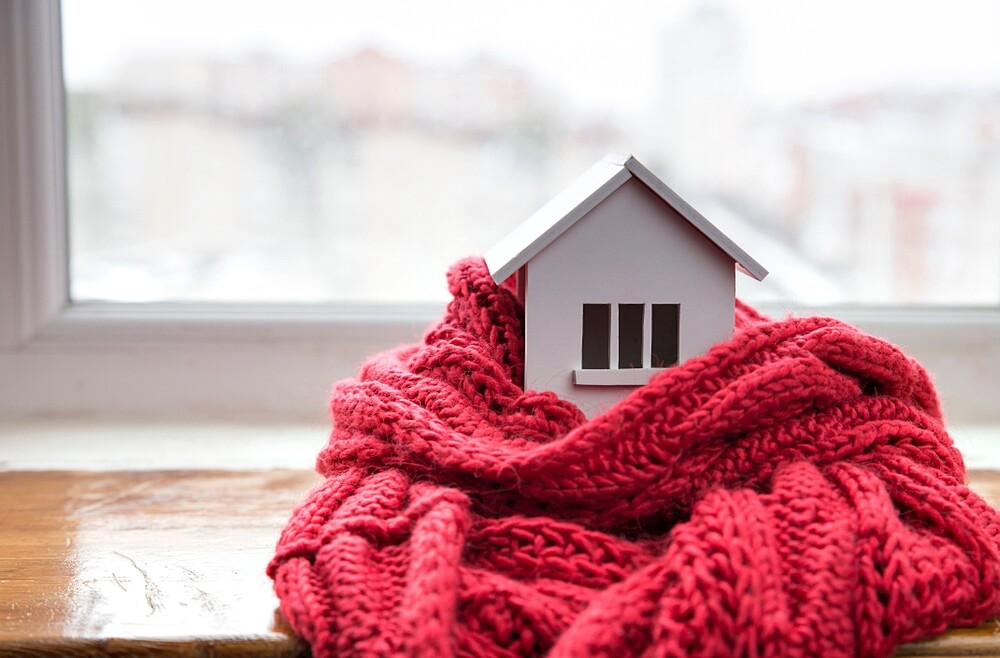You can do a lot of things wrong with heating. All tips on how to heat properly and save energy can be found here.
Especially in autumn and winter, when it is cold and uncomfortable outside, we like to make ourselves comfortable at home: we light candles, drink tea and turn up the heating. No big deal – is it? In fact, there are a lot of things you can do wrong when heating. We explain how to heat your home properly and save heating energy and money at the same time.
5 Typical heating mistakes – and how to avoid them:
- Permanently tilted windows: Proper ventilation is also part of proper heating. When the heating is running, windows should not be permanently tilted. Not only does prolonged ventilation cause unnecessary heat loss, but there is also a risk of cooled walls and mould growth. Much better: Open the windows really wide and ventilate them briefly for a few minutes.
- Turn down the heating completely when you’re out and about: Do you turn the heating off in the morning when you leave the house, and only turn it back up again in the evening? Not a good idea. Reheating a room that has cooled down costs a lot of energy. Better to keep the temperature in the room constant.
- Do not let the radiator “breathe”: There should not be any furniture such as sofas or cupboards directly in front of a radiator – actually logical. Because this prevents the heat from being distributed properly in the room. In addition, the increased humidity increases the risk of mould. Better: Give all radiators in the home sufficient space. Even thermostats should not be covered.
- Too high temperatures: There must be a comfortable temperature at home – but please not too warm! If you reduce the temperature in your home by just one degree, you will save a lot of energy and money: heating costs will then fall by an average of six percent. The optimum room temperature is around 20 degrees. Recommended values in the bedroom are 16 to 17 degrees, 18 degrees in the kitchen, 20 degrees in the living room and children’s room and 22 degrees in the bathroom.
- Save at the wrong end: Heating systems must be serviced regularly – at least every two years. If you delay maintenance for too long, you will not be very efficient and, on balance, you will not save anything. This is because an old, dirty boiler (or condensing boiler) has a much worse heat yield than a system that is in good shape. Also important: Vent the heating system regularly! Only then can the heating system provide full output – and you save money.
Tip for correct heating: Insulate the wall
To prevent heat loss through the cold outer wall, an insulation layer behind the radiator is suitable. In this way we achieve a constant comfortable temperature and save heating energy. The insulation mat is available in every hardware store.
Heating properly: Why does the heating get colder at night?
Even though you have not touched the thermostatic valves, does the temperature of the heater drop at night? The reason is the night setback. It ensures that the water in the boiler (condensing boiler) is heated up less at night. The temperature of the water in the radiator adapts to the outside temperature. As this is not a night-time shutdown, care should be taken to ensure that it does not get too cold.
The design of the house is decisive in determining whether this really saves heating costs. While a night-time reduction is not worthwhile in a well-insulated new building, heating costs are saved in an old building without insulation, as the heat is poorly stored here.

